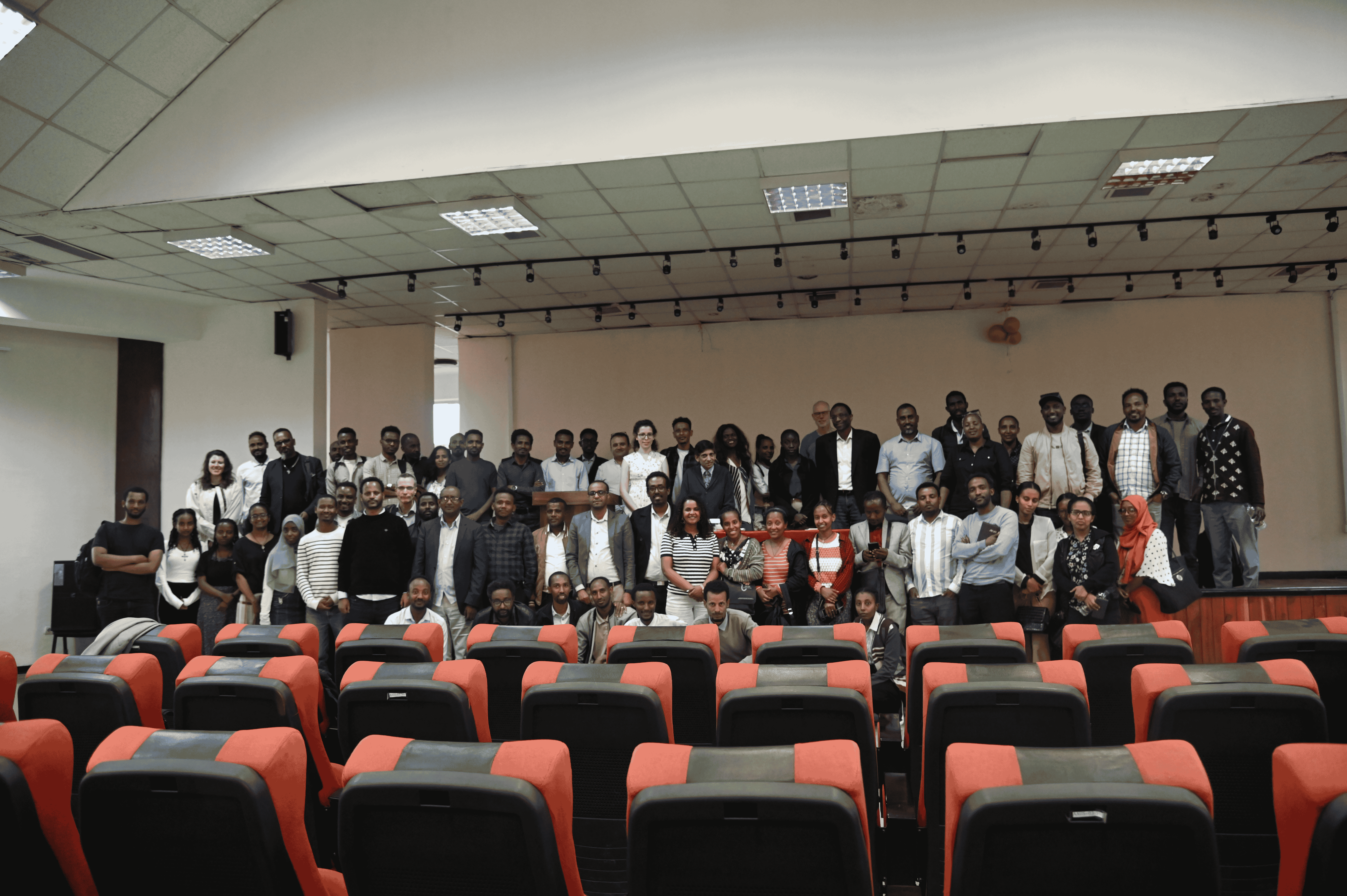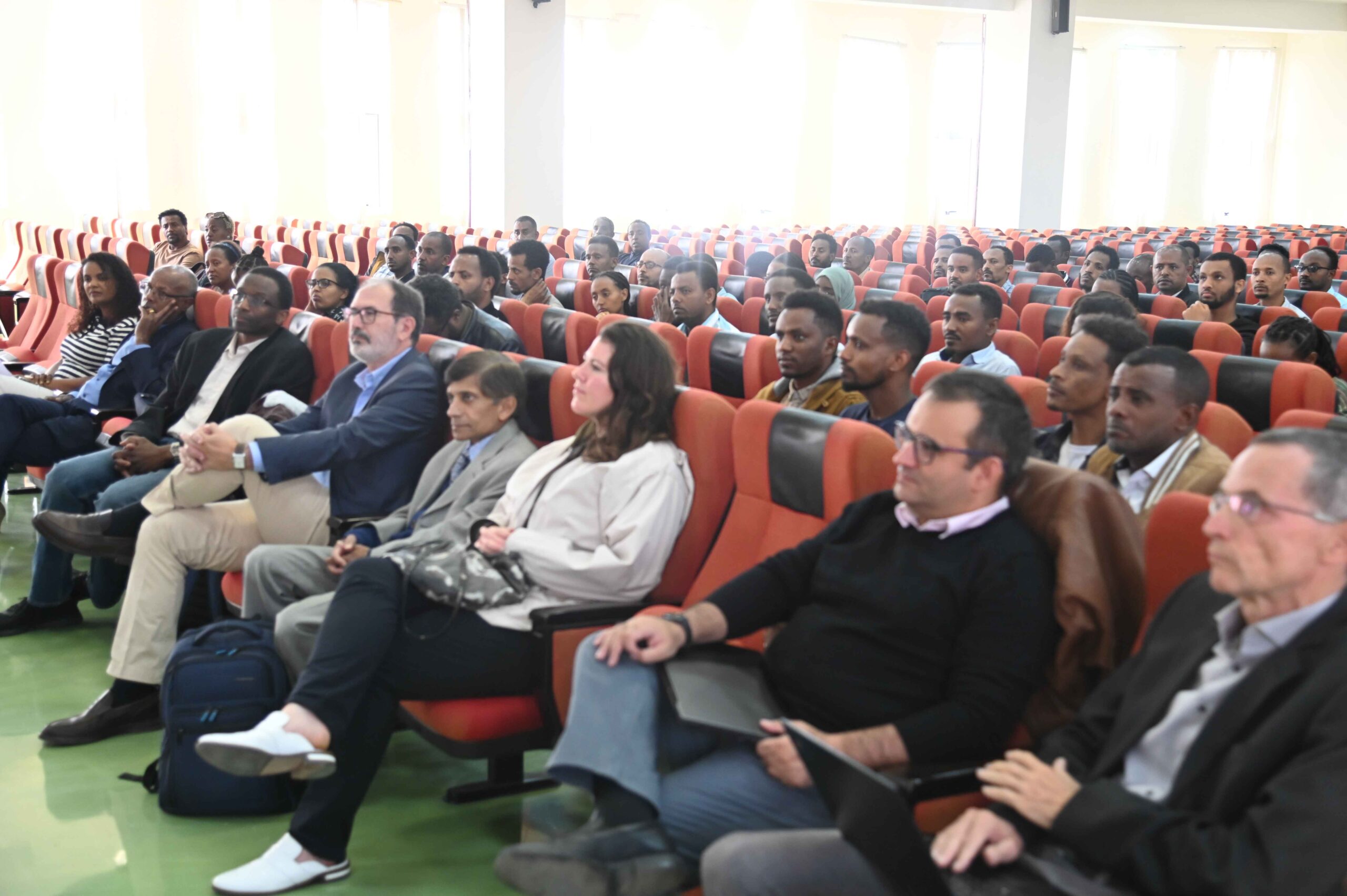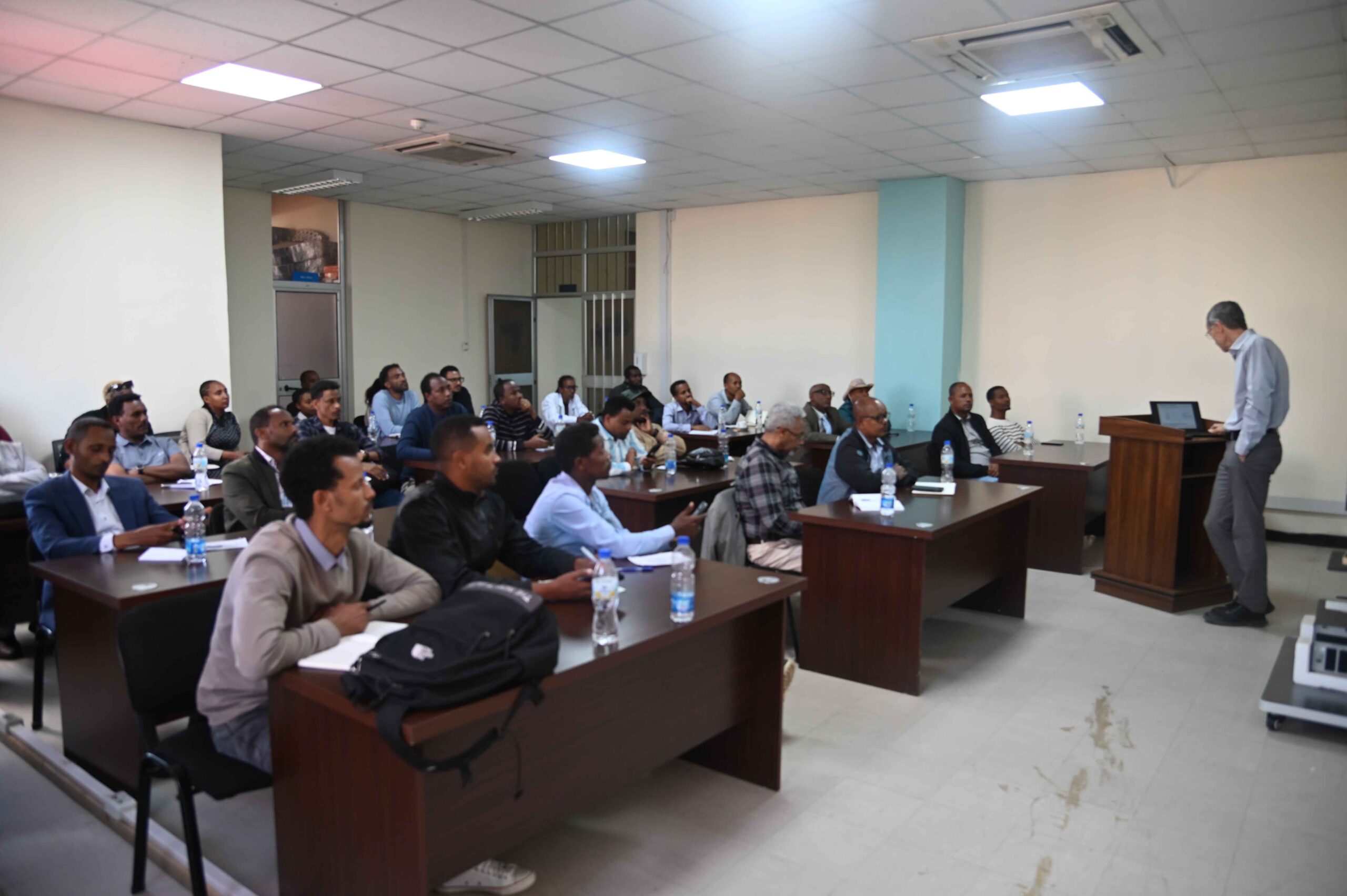In an effort to bolster water management capabilities across the continent, the Africa Center of Excellence for Water Management (ACEWM) recently co-organized a landmark training program focused on Membrane Sciences, Processes, and Applications.
The training gathered experts, academics, and practitioners from various countries to explore the fundamentals and innovations in membrane technology. Participants engaged in a series of lectures and group discussions, all aimed at enhancing their understanding of membrane processes.

Seven topical courses covered on the training. These includes Membrane materials and fabrication methods , Characterization of porous membranes , Membranes for life – manufacture of medicines and blood processing , Membranes process for gas separation and air filtration ,Membrane engineering and integrated processes for water & wastewater treatment ,RO desalination for seawater/brackish water treatment: next generation membranes and green processes for sustainable development and Membrane processes for green energy transition and power generation.
Association of Membrane Societies (WA-MS) panel in the presence of WA-MS President – Ranil Wickramasinghe was also held in the training session conducted at ACEWM.
Topics of discussion include Introduction to World Association of Membrane Societies, Shifting teaching practices for resilient growth: Is Africa ready? Membrane Knowledge Hub: A University Industry Platform Towards Sustainable Water and Energy Management in Africa (WE Africa), Multitier Mentoring A US Example of promoting STEM careers among disadvantaged groups, and strengthening Africa’s membrane training resources for sustainable development: Cooperation with WA-MS and other partners.

One of the key highlights of the training was the emphasis on collaboration among participants from diverse backgrounds. Bringing together professionals from academia, government agencies, and the private sector facilitated exchange and networking that is essential for fostering innovation. Many attendees reported that hearing about practical challenges faced in different regions sparked collaborative ideas that could lead to new solutions.


